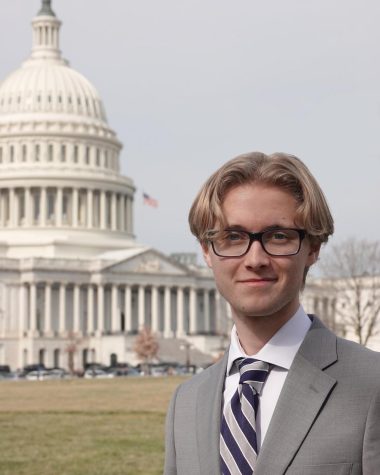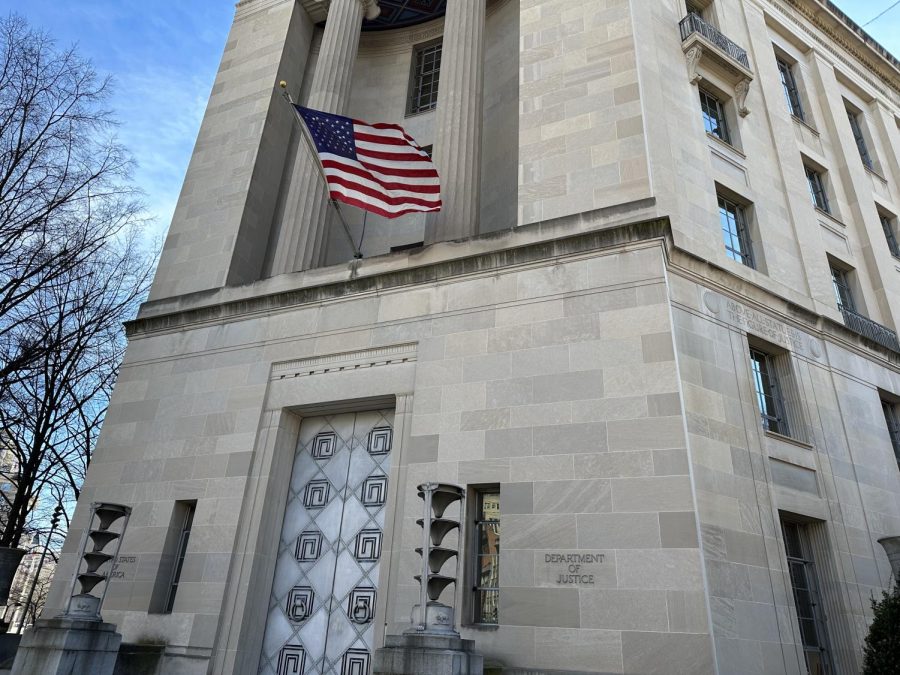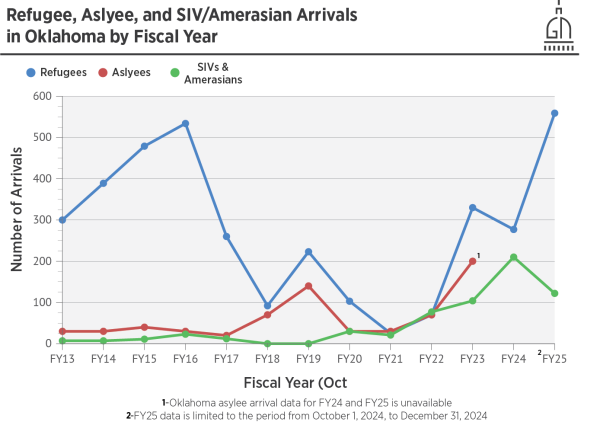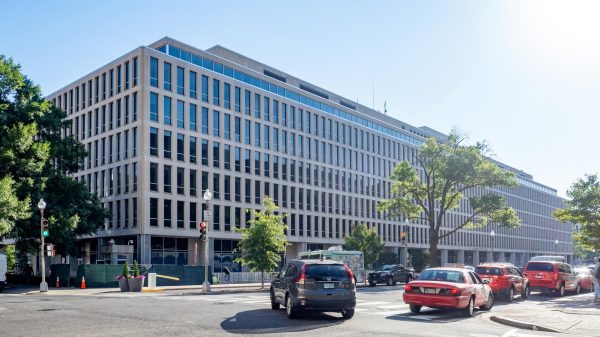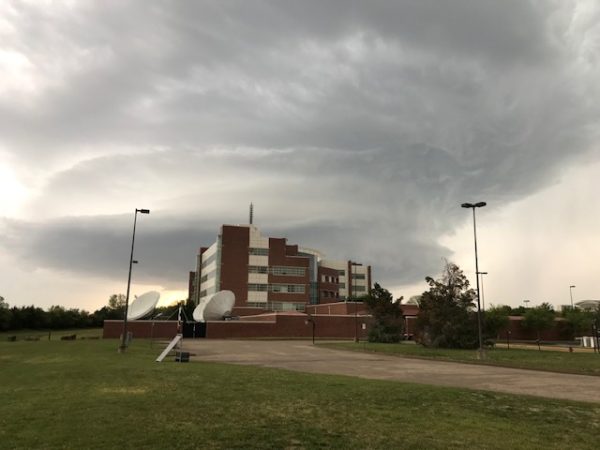State mental health department disputes grounds for DOJ investigation
WASHINGTON – Oklahoma’s mental health department rejected claims of inadequate mental health services despite an ongoing federal investigation ignited last fall by an Oklahoma law firm that claims data proves the system is failing.
Brian Wilkerson, director of litigation at the Oklahoma Disability Law Center, said that over half—67%—of 1,100 booked into the Oklahoma County Detention Center six or more times in the past three years had sought services from the state mental health department.
The U.S. Department of Justice has been investigating since November whether Oklahoma provides adequate community-based mental health services to Oklahoma County—which includes Oklahoma City.
The law center said the data was compiled by a task force affiliated with the Oklahoma County Criminal Justice Advisory Council.
“That was a huge red flag for us,” Brian Wilkerson, director of litigation at the law center, said. “If this percentage of people were seeking services and still ending up in jail, where is the system failing?”
The law center, which has offices in Oklahoma City and Tulsa, advocates for legislation and public policy that will protect and increase the independence, safety and integration of people who have disabilities.
The American Civil Liberties Union of Oklahoma and the law center spurred the investigation when they partnered to file a complaint with the DOJ.
Jeffery Dismuskes, a spokesperson for Oklahoma’s Department of Mental Health and Substance Abuse Services, said Oklahoma provides robust mental health services.
“If they’re looking at our community-based system and saying somehow it’s lacking, I would absolutely disagree,” said Dismukes. “We have an incredible system in Oklahoma. We’re a national model for behavioral health.”
But Wilkerson rejected the notion that the state is a national model.
“It seems like our response in the state of Oklahoma—and again, specifically in Oklahoma County—to most mental health is to wait until it reaches crisis level and then deal with it that way,” Wilkerson said.
Wilkerson claimed the department does not adequately follow up to make sure the patient recovers—procedures he thinks would prevent mental health crises before they happen. He also believes more housing and employment initiatives could help curb mental health issues.
“My response, I absolutely disagree with what Brian has told you,” Dismukes said. “Do we believe that we can expand services even more? We always talk about that. We talk about trying to find more access points to get people engaged early.”
Dismukes said the law center and the state mental health department have worked together for years.
Dismukes pointed out several programs, including housing and employment services, that he says are proactive programs that aim to preclude crises. He also said Oklahoma is the only state where all its mental health centers are Certified Community Behavioral Health Clinics.
A behavioral health clinic is a federally-recognized mental health center that must provide care to anyone who requests it—even if they cannot pay—according to the federal Substance Abuse and Mental Health Services Administration.
The United Way of the National Capital Area ranked Oklahoma ninth in the U.S. for access to mental health services, in 2020.
“For us, all you gotta do is walk in the door,” Dismukes said.
The DOJ is also investigating how Oklahoma City and the Oklahoma City Police Department respond to mental health crises. The police department declined to comment.
Dismukes said he cannot speak on how law enforcement and criminal justice handle mental health because that doesn’t fall under his department, but he says the state agency provides services that attempt to divert mentally ill people from jail.
“We’re making that link through the 988 call center, a warm hand-off over to the treatment provider in that community,” Dismukes said.
988 is a national hotline for people experiencing mental health issues. If someone in an Oklahoma area code dials 988, the call is taken directly by a call center in Oklahoma. The CCBHCs in Oklahoma also have 24/7 hotlines.
“Unfortunately, a lot of people, for a variety of reasons—stigma being one and probably the biggest reason—don’t really engage until they reach a crisis point,” Dismukes said.
The 988 call center dispatches crisis response teams when necessary.
Wilkerson said the law center repeatedly asked to open a dialogue about their grievances with the police department, but got no response. The law center and the state agency shared talks, but those conversations have ceased following the announcement of the DOJ’s investigation.
“It’s always a good idea to keep the pressure on, you know, to keep that conversation going in the media and with the department of mental health,” Wilkerson said.
Gaylord News is a reporting project of the University of Oklahoma Gaylord College of Journalism and Mass Communication. For more stories by Gaylord News go to GaylordNews.net.
